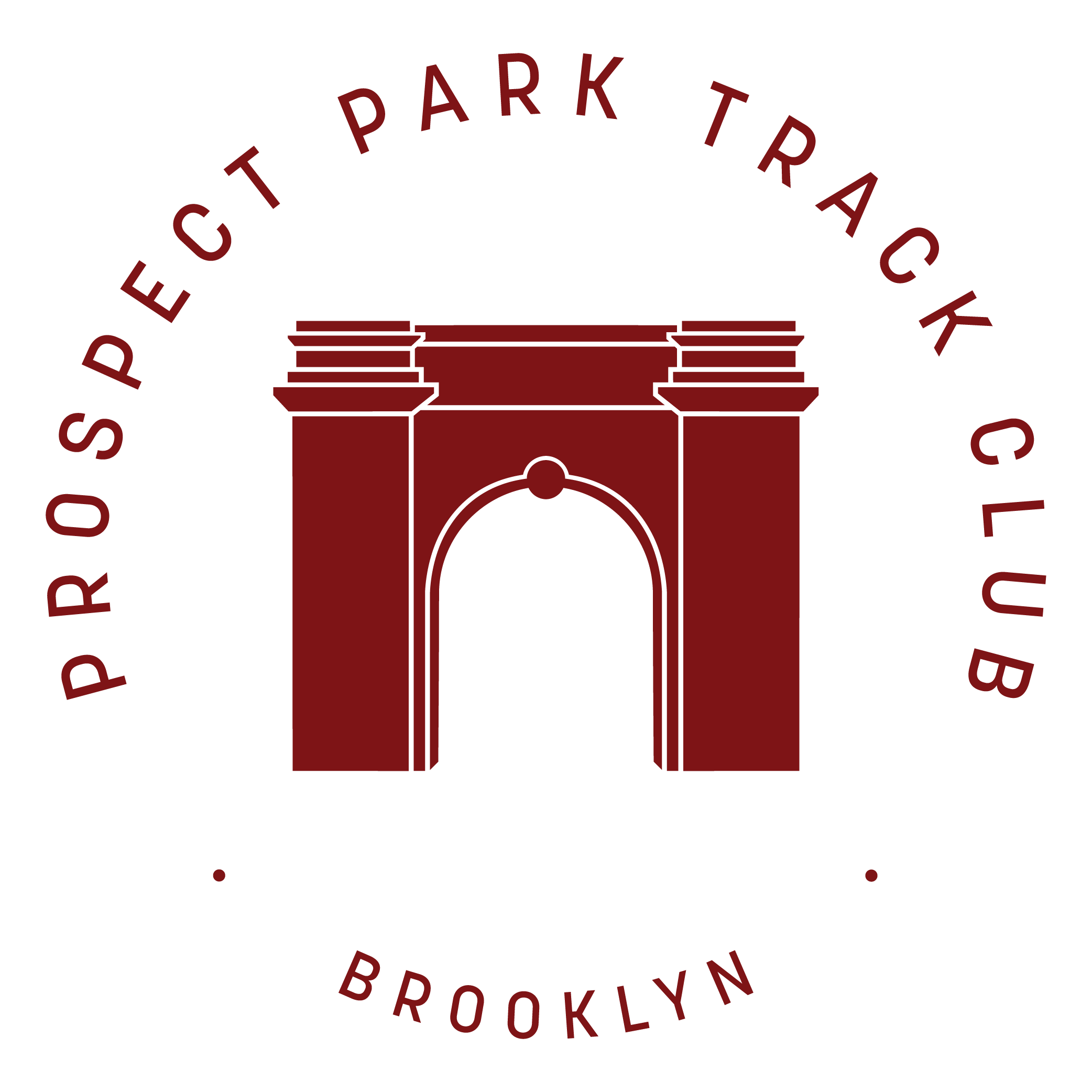IronMark: Part 1
Ever completed a Boston Qualifier marathon and thought: what's next? PPTC stalwart Mark Crowther has. Mark's working toward his second Ironman Triathlon, at Lake Placid on July 28, and in between those long, long runs, epic bike sessions, and grueling swims he'll be sharing his training diary with PPTC. To kick things off, Martin Coleman asked him to fill us in on the basics, learned what motivates an endurance athlete, and found out that triathlons are actually four-event races. What does an Ironman Triathlon consist of? What's a good time?
It’s a 2.4-mile swim, followed by a 112-mile bike, followed by a 26.2 mile run. The elite men finish in under 8 hours—I think the current world record for men is around 7:50. The elite women are at around 8:20. I'd say a sub–10 hour Ironman equates to a sub–3 hour marathon for the running community. And by way of another parallel, qualifying for the historic Kona Ironman is like qualifying for Boston. As in marathons, there is the classic divide between entering an Ironman to complete and entering to compete.
What's your history with endurance races?
I've been running marathons since 2000. I was a solid 3:45–4 hour marathoner till 2003. I took a 5 year hiatus, and have been at around 3:15 since 2008. I’ve also done a few sprint triathlons. I was always predominantly a runner, and more of a bike commuter than a racer. I was a terrible swimmer—for my first few triathlons I did the swim breaststroke!
What made you do your first Ironman?
I always had an eye on Ironman Triathlons—it's one of those marquee races for endurance athletes, like running the Boston marathon. Whether it's for bragging about around the camp fire or just the personal challenge, there’s a drive to compete in these iconic endurance events. I realized from friends who had done Ironmans that the time needed to train is substantial, so I knew I'd need to find a time when I could dedicate myself to some serious training. I ran a small media business from 2004, which kept me very busy. I exited that business in 2010 and with the Ironman U.S. Championships announced for the summer of 2012 I thought, now or never. My friend J. P. Rorech entered, and I liked the idea of tracking my training with him. He'd done a couple of Ironmans previously, so I could get good intel from him in the training. He told me it'd be the easiest Ironman swim ever given that the swim was in the Hudson, and we’d be helped by the current.
Was it easier or harder than you thought it would be?
The training was hard, but to be very candid, on the day, I felt that it wasn't that hard. I was very much in completion mode—I focused on maintaining a pace that was comfortable and sustainable. While it was a long day out, my body wasn't as beaten up as it had been when I'd been chasing a sub-3:10 BQ. Our coaches had very much trained us for completion, which I think is exactly the right approach for first timers. I want to be more competitive next time.
What made the difference?
A major part of my coaching program, which I think makes for an easier race, is nutrition, including hydration. I always remember an interview with Lance Armstrong after he came back to triathlons, when he said they're four-event races: swimming, biking, running, and nutrition. That is so true. In my training program we got really good nutrition coaching and lots of time out in the pool, and on the bike and road trying different fueling and hydration options—particularly in the hot days of June and July—so that we had a plan for race day. A successful Ironman is essentially done by having a plan for the day, which you've developed over weeks and months of training, and executing that plan on the day.
What are you hoping to get out of this race that you can’t get out of anything else?
I’m fundraising for the Leukemia and Lymphoma Society, and evangelizing about the great work they do is part of it. And then just fueling my addiction to endurance events, and trying to provide a positive role model to my kids on what you can achieve with determination and dedication, and sacrifice and passion.
I've heard it said that any reasonably fit person can run a marathon with enough training. Do you think this is the case for Ironmans?
Yes, I think it's the same. With the right mindset and dedication you can do it.
In future posts, Mark will share more about the great work of the Leukemia and Lymphoma Society, and explain why this cause became so important to him. Learn more, and make a donation, here.
Are you a would-be endurance athlete, or an accomplished Ironperson yourself? Mark would love to hear your questions, and will respond to them in future blogs. Please post below!
